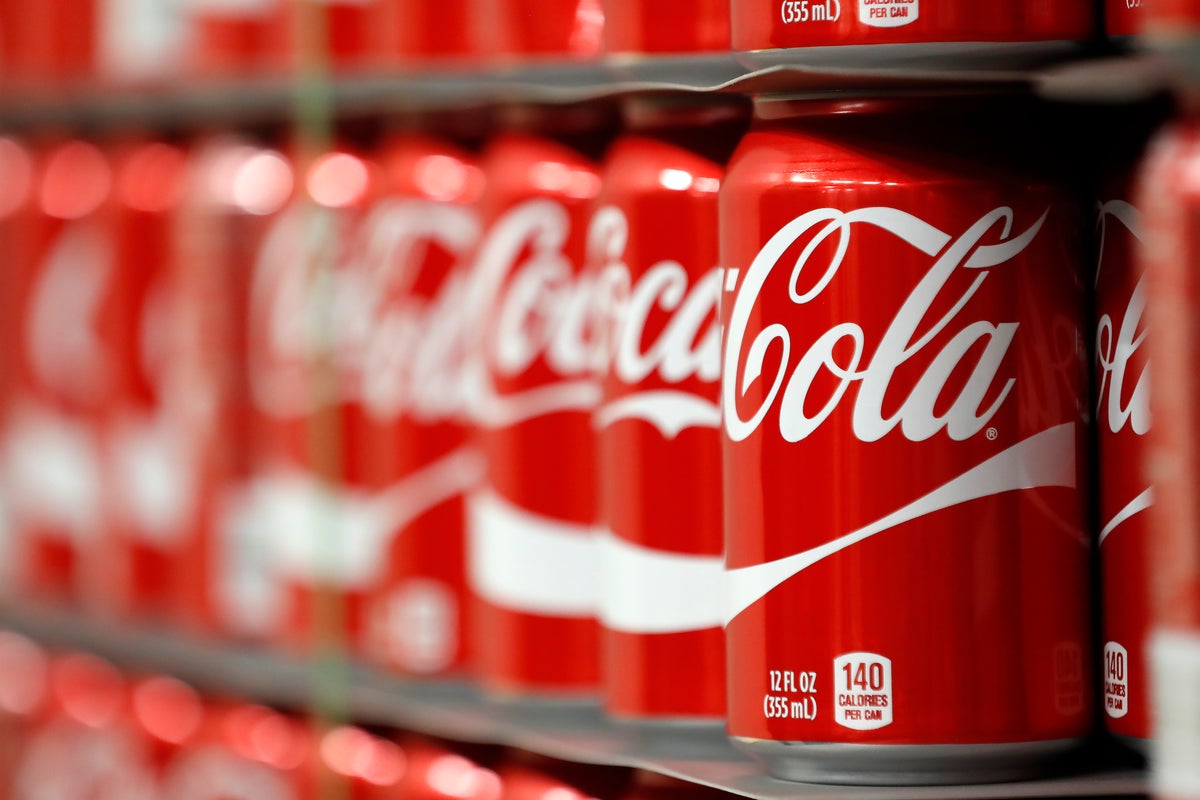The Sugar Showdown: Cane vs. Corn Syrup

Trump's Claim About Coca-Cola and the Debate Over Sweeteners
President Donald Trump, known for his daily consumption of up to 12 cans of Diet Coke, recently made headlines by stating that Coca-Cola had agreed to switch to using real cane sugar in its regular Coke. In a post on his Truth Social platform, he claimed, “This will be a very good move by them — You’ll see. It’s just better!” The company responded with a statement expressing appreciation for the president’s enthusiasm and hinted at upcoming innovations within the Coca-Cola product range.
Coca-Cola is the best-selling carbonated soft drink in the U.S., but currently, it uses high-fructose corn syrup as its primary sweetener. This choice has been in place since the mid-1980s, largely due to cost efficiency. Cane sugar, which is used in most other countries, comes from sugarcane, a tall, bamboo-like plant known for its high sucrose content. However, the question remains: is one sweetener healthier than the other?
Expert Opinions on Cane Sugar vs. High-Fructose Corn Syrup
Experts suggest that the difference between cane sugar and high-fructose corn syrup may not be as significant as some believe. Both sweeteners are composed of approximately 50% fructose and 50% glucose, leading to similar metabolic effects. Caroline Susie, a registered dietitian nutritionist and spokesperson for the Academy of Nutrition and Dietetics, explained that the body cannot distinguish between the two forms of sugar. She emphasized that excessive consumption of any refined sugar can increase the risk of weight gain, type 2 diabetes, and heart disease.
Dr. Dariush Mozaffarian, a cardiologist and director of the Food is Medicine Institute at Tufts University, echoed this sentiment, stating that both sweeteners have identical metabolic impacts. He noted that the key issue lies in the overall consumption of added sugars, which is often excessive in the American diet.
The Broader Issue of Soda Consumption
Soda, regardless of its sweetener, remains a major contributor to excessive sugar intake. According to Dr. Melanie Jay, a professor of medicine and population health at NYU Grossman School of Medicine, it is always better to reduce soda consumption, no matter the type of sugar used. The American diet is heavily influenced by ultra-processed foods and a high intake of added sugars, which poses significant health risks.
The daily recommended limit for added sugars is often exceeded by children and teens who consume soda regularly. Added sugars are those that are introduced during processing and production, making them a critical factor in public health discussions.
Industry Pushback Against the Change
Despite the potential shift toward cane sugar, there is resistance from industry leaders. John Bode, President and CEO of the Corn Refiners Association, argued that replacing high-fructose corn syrup with cane sugar would have negative economic consequences. He pointed out that the U.S. has a large corn farming industry supported by government policies, and switching to cane sugar could lead to job losses and increased imports of foreign sugar.
Bode emphasized that the decision would not provide any nutritional benefits, suggesting that it would be more practical to introduce a new product with cane sugar rather than abandon the current, cost-effective sweetener.
Conclusion
While Trump’s claim about Coca-Cola using real cane sugar has sparked interest, the debate over the health implications of different sweeteners continues. Experts agree that the focus should be on reducing overall sugar consumption rather than debating the source of the sweetener. As the discussion unfolds, the broader issue of dietary habits and their impact on public health remains at the forefront.
Post a Comment for "The Sugar Showdown: Cane vs. Corn Syrup"
Post a Comment